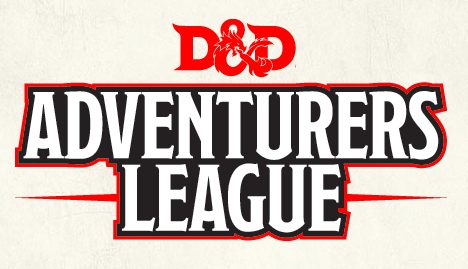What is the deal with achievements? — asked in my best Jerry Seinfeld voice, of course. (Kids, ask your parents.)
Remember when the goal of a videogame was, well, to beat the game? Rescue the princess, piece together the Triforce, kill the big alien monster, defeat all the other fighters. Or maybe, as in the case of Tetris, postpone your inevitable defeat as long as possible and rack up a high score. When you were at the arcade (again, kids, ask your parents) feeding quarters into the machine and you got the chance to put in your initials, the only indicator of your success was a number: your score. It didn’t say how few quarters you used, or how many power-ups you got along the way, or if you found all the secret zones.
But somewhere along the way, winning the game or getting a high score simply wasn’t enough.
Maybe it was the advent of online gaming, suddenly being connected to other gamers all around the world. Or maybe it was savvier marketing by game designers, realizing that adding side goals increases re-playability. They’re like little gold stars that the game gives you so you’ll keep playing another five minutes.
Oh! I just got an achievement for playing for five minutes! If I play 10 more minutes, I’ll get another one!
Many of the iPhone games I’ve played include achievements as well, and they certainly make you look at a game differently: This time when I play, I’ll go as fast as possible to get a “shortest time” achievement. And then I’ll play it slowly to make sure I get all the coins for another achievement. Next I’ll work on killing all the bad guys. Usually the achievements are set up so that there’s no way you can get all of them your first time through — they require different types of gameplay and strategy, many of which won’t actually move you toward the actual goal of the game.
Zack Hiwiller’s spoof “If Mario Was Designed in 2010” sums it up well, playing off the idea that a simple goal like finishing off Bowser and rescuing the princess simply wouldn’t be enough motivation for today’s gamers. And Armor Games’ “Achievement Unlocked” is a little Flash metagame that’s purely about getting achievements. The slogan: “Don’t worry, metagaming is all that matters.” The “game” involves moving a little blue elephant around on a single level, but in the meantime the screen fills up with achievements for everything from “finding the menu screen” to “not moving.”
Of course, if unlocking achievements were limited to the world of videogames, that would be one thing. But they’re spilling over. Hiwiller himself had a post titled simply Achievement Unlocked which was, from what I can tell, a video of himself proposing to his girlfriend. The Dallas Video Game Examiner suggested last year you should spice up your resume with videogame achievements.
The most frightening example of real-life achievements, though, has to be Jesse Schell’s talk at the DICE Summit in February. You may have seen this already, but Schell predicts a time (in the not-so-distant future) when technology has become cheap and ubiquitous enough that almost everything we do will be a sort of game.
Brush your teeth? Ten points! Brushed your teeth every day this week? Bonus! You get points for taking the bus or walking, points for paying attention to ads on your TV and having Dr. Pepper five days in a row. Schell ends on an optimistic note about how all of this record-keeping and game-playing might make us better people. But it doesn’t change the fact that the world he envisions is one in which our actions are chosen by the points we get for them.
While we’re not in Schell’s world yet, I know that my perspective can be easily swayed by this idea. Maybe today I’m trying to hit a certain number of pageviews; maybe I want to get my inbox down to zero; maybe I get a little rush every time I can check another thing off my to-do list.
But if videogame achievements can make us ignore the end goal in favor of a little gold star, is there any doubt that real-life “achievements” can distract us from what’s actually important in life? Certainly, incentives can be used to drive good behavior, but there’s no guarantee that companies or organizations able to provide the most effective incentives will be the ones with the most altruistic motives. (And, of course, if I’m the one unconsciously making up my own achievements, I know they’re not always going to be what’s best for me.)
I’m not saying that achievements in videogames are inherently a bad thing. I’m just saying that perhaps we should take a step back and consider how they make us relate to the world.
Now, if you’ll excuse me, I need to go check off another completed post. Three more and I get a gold star!
Edited: I had made a comment about games today being “made for the ADHD crowd,” and was chastised by a reader who is actually diagnosed with ADHD. This reader pointed out that my statement was casual, insulting, and showed a lack of understanding about what ADHD actually is, and just helps to further stigmatize those who have it. My sincere apologies—I’ve removed that line from the post.



